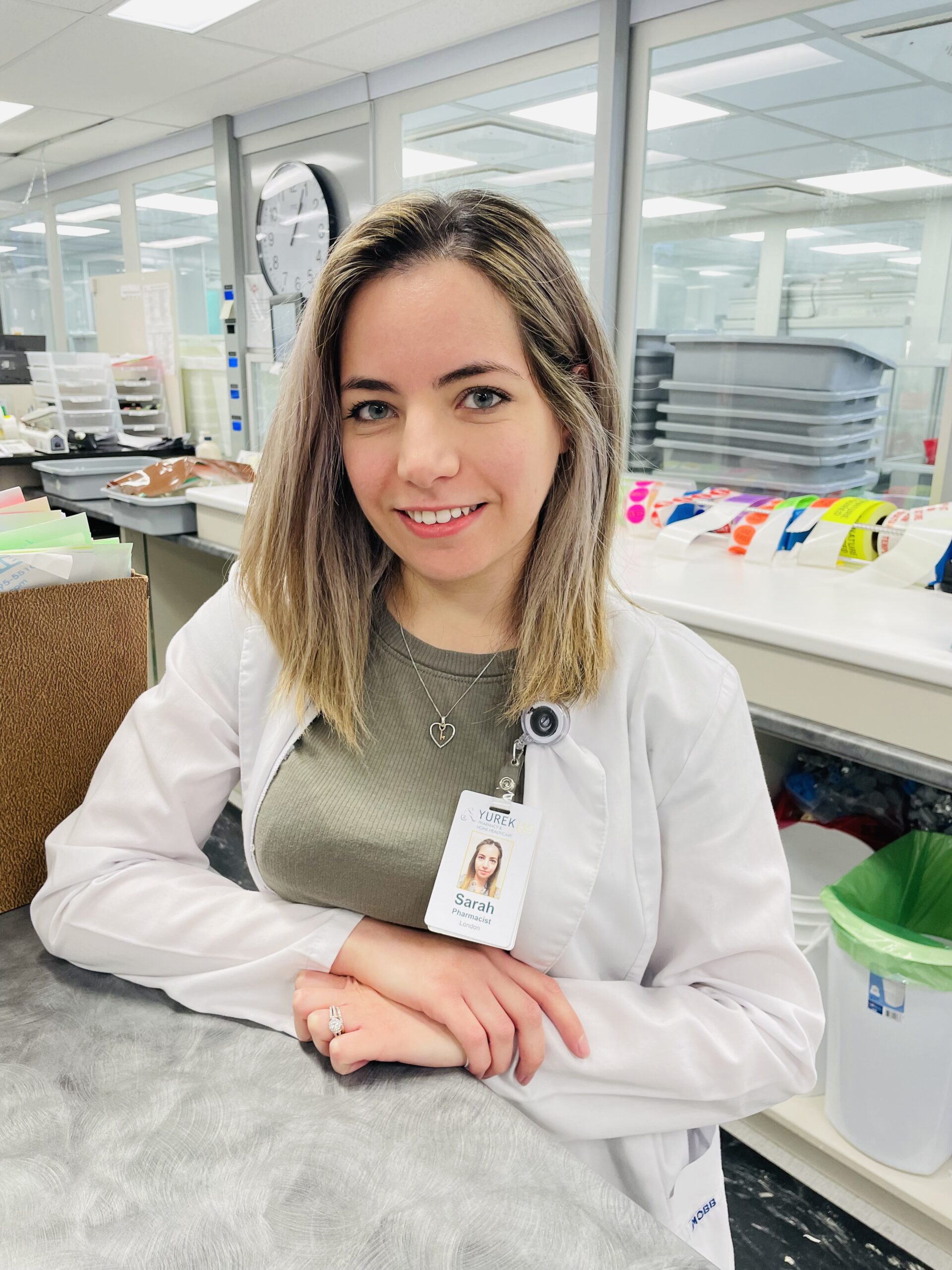March 22nd is Lynch Syndrome Awareness Day. Lynch Syndrome, which affects one in 280 people, is an inherited genetic condition that increases the risk of developing colon and rectal cancers before the age of 50. It also raises the chances of developing other cancers (endometrium, breast, ovaries, prostate, stomach, pancreas, bile ducts, kidneys, ureters, bladder, and skin).
Lynch Syndrome is associated with four different genes: MLH1, MSH2, MSH6, PMS2. Called the mismatch repair genes, their job is to correct errors made when DNA replicates. If these four genes have mutations, then DNA is not repaired correctly, and tumours can develop.
Common symptoms of Lynch Syndrome include: bloody stool, unexplained diarrhea, long periods of constipation, abdominal cramps, gas pain, bloating, fullness, and unexplained weight loss. These symptoms are similar to other colon cancers and they may not develop until the disease has progressed to an advanced stage.
If you have family history of Lynch Syndrome, a genetic test is used to determine whether you have mutations in the four common genes. If the blood sample confirms you have the gene mutation, you should schedule regular annual colonoscopies to monitor your health.
Colonoscopy is the preferred method of diagnosing Lynch Syndrome. It is a method used to detect polyps and cancerous cells in the large intestine. If positive for Lynch Syndrome, surgery to remove the colon, possibly the rectum, and for women, the ovaries and uterus, may be offered to prevent growth or reoccurrence of tumours.
Sarah Almasalkhi, RPh








